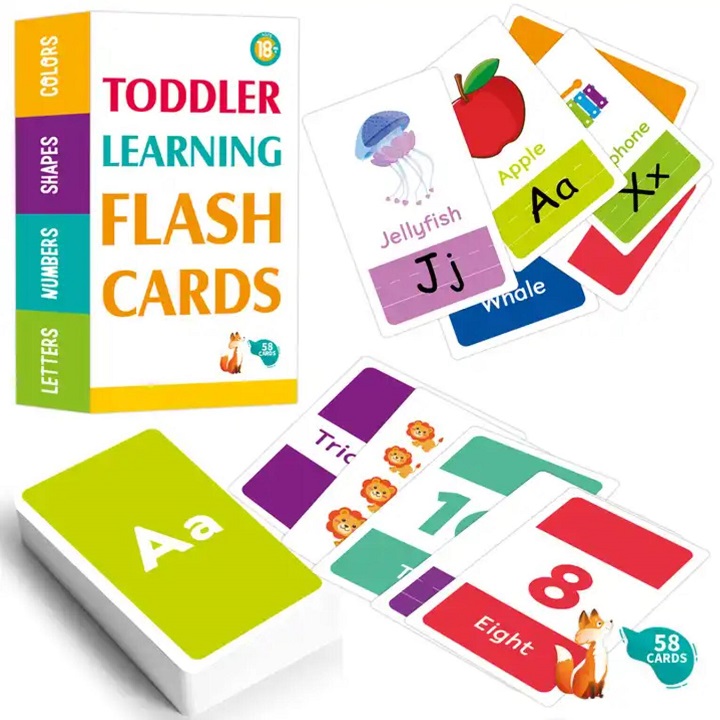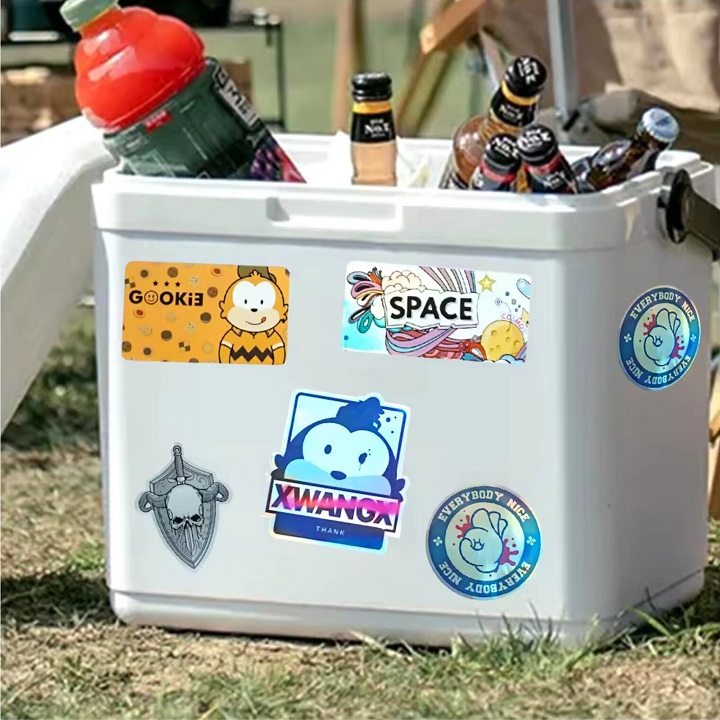Content Menu
● Introduction
● Game Overview
● Setting Up the Game
>> Materials Needed
>> Preparation
● Basic Rules
● Gameplay
>> Starting the Game
>> Passing Cards
>> Forming a Four-of-a-Kind
>> The Crucial Moment
>> The Scramble
>> Determining the "Donkey"
>> Starting a New Round
● Variations and House Rules
>> Swap!
>> Scorekeeper
>> D-O-N-K-E-Y Spelling
>> Prize Variation
● Strategies for Success
>> Pay Attention to Card Patterns
>> Maintain a Poker Face
>> Be Swift but Subtle
>> Peripheral Vision is Key
>> Strategic Card Passing
>> Bluffing
● Etiquette and Fair Play
>> Honesty is Essential
>> Gentle Grabbing
>> Good Sportsmanship
>> Pace Yourself
● Benefits of Playing the Donkey Card Game
● Conclusion
● Frequently Asked Questions
>> 1. How many players are ideal for the Donkey Card Game?
>> 2. Can you play the Donkey Card Game with a modified deck?
>> 3. What are some alternative objects to use instead of spoons?
>> 4. How long does an average game of Donkey typically last?
>> 5. Are there any age restrictions for playing the Donkey Card Game?
● Citations:
Introduction
The Donkey Card Game, also known as Pig or Russian Donkey, is a fast-paced, exciting card game that's perfect for players of all ages. This game combines elements of speed, strategy, and a touch of chaos, making it an ideal choice for parties, family gatherings, or casual game nights. In this comprehensive guide, we'll explore the rules, setup, gameplay, and strategies to help you master the Donkey Card Game.
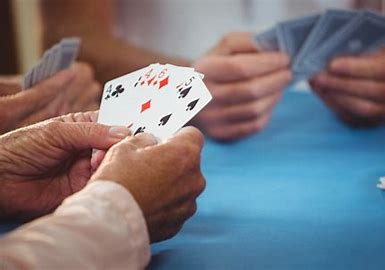
Game Overview
The Donkey Card Game is played with a standard 52-card deck and can accommodate 3 to 13 players. The primary objective is to collect four cards of the same rank (a "four-of-a-kind") and avoid being the last player to grab an object from the center of the table. The player who fails to secure an object becomes the "Donkey" for that round.
Setting Up the Game
Materials Needed
- A standard 52-card deck
- Small objects (one fewer than the number of players)
- A table or flat playing surface
Preparation
1. Gather all players around the table.
2. Shuffle the deck thoroughly.
3. Deal four cards to each player, face-down.
4. Place the remaining cards in the center as the draw pile.
5. Arrange the objects (often spoons, coins, or small toys) in the middle of the table.
Basic Rules
1. Players can only pass one card at a time.
2. Cards must be passed to the left and received from the right.
3. All players must pass cards simultaneously.
4. Players must pass a card before picking up the one passed to them.
5. When a player collects a four-of-a-kind, they must place their cards face-down and discreetly grab an object from the center.
6. Once a player grabs an object, all other players must attempt to grab one as well.
7. The player left without an object becomes the "Donkey" for that round.
Gameplay
Starting the Game
Once all players have their four cards, the game begins. There's no turn order; instead, all players act simultaneously in a frenzy of card-passing.
Passing Cards
Players examine their hands and choose one card to pass to the player on their left. This card-passing happens continuously and rapidly. As you receive a card from your right, quickly decide whether to keep it or pass it along with your next discard.
Forming a Four-of-a-Kind
The goal is to collect four cards of the same rank (e.g., four Kings or four 7s). Keep a sharp eye on the cards you're receiving and passing to increase your chances of completing a set.
The Crucial Moment
When a player successfully forms a four-of-a-kind, they must act swiftly but subtly. Without announcing their success, they should:
1. Place their cards face-down on the table.
2. Quietly reach for one of the objects in the center.
The Scramble
As soon as other players notice someone grabbing an object, they must immediately attempt to grab one themselves. This creates a frantic scramble as everyone tries to avoid being the last person without an object.
Determining the "Donkey"
The player who fails to secure an object becomes the "Donkey" for that round. This player may be required to:
- Receive a letter from the word "DONKEY"
- Perform a silly action (like making a donkey noise)
- Take a point penalty
Starting a New Round
After each round:
1. The "Donkey" collects all the cards.
2. Reshuffle the deck.
3. Deal four cards to each player.
4. Replace the objects in the center.
5. Begin the next round of play.
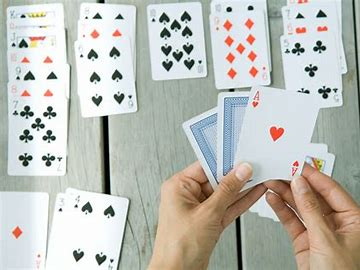
Variations and House Rules
Swap!
In this variation, a designated dealer calls out "Swap!" to initiate each round of card exchanges. This adds a rhythmic element to the game and ensures all players are moving at the same pace.
Scorekeeper
Assign a scorekeeper to track each player's "Donkey" status. Players who become the Donkey multiple times may face additional penalties or be eliminated from the game.
D-O-N-K-E-Y Spelling
Each time a player becomes the Donkey, they receive a letter from the word "DONKEY." The first player to spell out the entire word loses the game.
Prize Variation
For a more festive atmosphere, use small prizes or treats as the objects players must grab. This adds an extra incentive to avoid becoming the Donkey.
Strategies for Success
Pay Attention to Card Patterns
Keep a close eye on the cards you receive and pass. Recognizing patterns can help you anticipate which cards might complete your four-of-a-kind.
Maintain a Poker Face
Try to keep a neutral expression, regardless of the cards you're holding. This prevents other players from guessing when you're close to completing a set.
Be Swift but Subtle
When you complete your four-of-a-kind, reach for an object quickly but discreetly. A sudden movement might alert other players too soon.
Peripheral Vision is Key
While focusing on your own cards, use your peripheral vision to watch for any movements from other players reaching for objects.
Strategic Card Passing
If you suspect a player to your left is close to completing a set, consider passing them cards that won't help them. This can slow down their progress and buy you more time.
Bluffing
Occasionally make a subtle move as if you're about to grab an object, even if you don't have a four-of-a-kind. This can create false alarms and keep other players on edge.
Etiquette and Fair Play
Honesty is Essential
Always be truthful about your four-of-a-kind. Cheating ruins the fun for everyone and goes against the spirit of the game.
Gentle Grabbing
When reaching for objects, do so carefully to avoid injuries or damaging the items.
Good Sportsmanship
Accept your "Donkey" status with grace and humor. Remember, the game is meant to be fun and lighthearted.
Pace Yourself
While the game is fast-paced, avoid becoming too frantic. Maintain a steady rhythm to keep the game enjoyable for all players.
Benefits of Playing the Donkey Card Game
1. Improves Reflexes: The quick nature of the game helps sharpen reaction times.
2. Enhances Observation Skills: Players must constantly monitor their cards and other players' actions.
3. Promotes Social Interaction: The game encourages laughter and friendly competition.
4. Develops Multitasking Abilities: Players must juggle card management, observation, and quick decision-making.
5. Stress Relief: The fast-paced, silly nature of the game can be a great way to unwind and have fun.
Conclusion
The Donkey Card Game is a delightful blend of speed, strategy, and hilarity that's sure to liven up any gathering. Its simple rules and fast-paced nature make it accessible to players of all ages, while still offering room for strategic thinking and quick reflexes. Whether you're looking to break the ice at a party, engage in some family fun, or simply enjoy a lighthearted game night with friends, the Donkey Card Game is an excellent choice. Remember, the key to enjoying this game is to embrace the chaos, laugh at the mishaps, and not take yourself too seriously. So shuffle those cards, set out those objects, and get ready for a wild ride in the world of the Donkey Card Game!
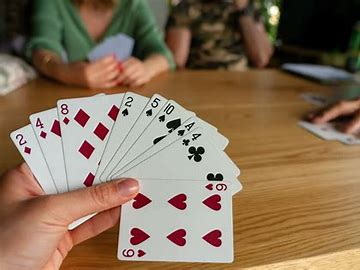
Frequently Asked Questions
1. How many players are ideal for the Donkey Card Game?
The Donkey Card Game is quite flexible and can accommodate 3 to 13 players. However, the ideal number of players is typically between 4 to 8. This range provides enough competition and excitement without making the game too chaotic or prolonged. With fewer than 4 players, the game might lose some of its frantic energy, while more than 8 players could make rounds take too long and reduce each player's chances of forming a four-of-a-kind.
2. Can you play the Donkey Card Game with a modified deck?
Yes, you can adapt the Donkey Card Game to play with a modified deck. If you have fewer players, you can remove certain ranks to ensure that each player has an equal chance of forming a four-of-a-kind. For example, with 3 players, you might use only the Aces, Kings, and Queens. The key is to maintain sets of four cards for each rank you include. You can also use specialty decks as long as they have distinct sets of four matching cards.
3. What are some alternative objects to use instead of spoons?
While spoons are a classic choice for the Donkey Card Game, there are many alternatives you can use:
- Small toys or figurines
- Coins or poker chips
- Clothespins
- Popsicle sticks
- Rubber bands
- Small stuffed animals
- Dice
- Candy pieces (which players can eat if they successfully grab one)
The key is to choose objects that are easy to grab quickly and won't cause injury during the scramble.
4. How long does an average game of Donkey typically last?
The duration of a Donkey Card Game can vary depending on the number of players and how quickly they form four-of-a-kinds. On average, a single round might last anywhere from 2 to 5 minutes. If you're playing until someone spells out "D-O-N-K-E-Y" or to a certain number of rounds, a full game could take anywhere from 15 to 30 minutes. The beauty of the game is its flexibility – you can play for as long or as short as you like, making it perfect for filling small pockets of time or for an extended game night.
5. Are there any age restrictions for playing the Donkey Card Game?
There are no strict age restrictions for the Donkey Card Game, as its rules are simple enough for children to understand. However, due to the fast-paced nature and the potential for quick movements when grabbing objects, it's generally recommended for children aged 6 and up. Younger children can certainly participate, but they might need some assistance or modified rules to keep up with older players. Always supervise younger children to ensure safe play, especially during the object-grabbing phase of the game.
Citations:
[1] https://www.adda52.com/donkey-card-game
[2] https://www.getmega.com/poker/learn/donkey-card-game-everything-you-need-to-know/
[3] https://en.wikipedia.org/wiki/Donkey_(card_game)
[4] https://www.blitzpoker.com/blogs/donkey-card-game/
[5] https://www.pokerbaazi.com/card-games/donkey-card-game
[6] https://cardgames101.com/learn-to-play-the-card-game/donkey
[7] https://www.classicgamesandpuzzles.com/Donkey.html
[8] https://kids.kiddle.co/Donkey_(card_game)




















